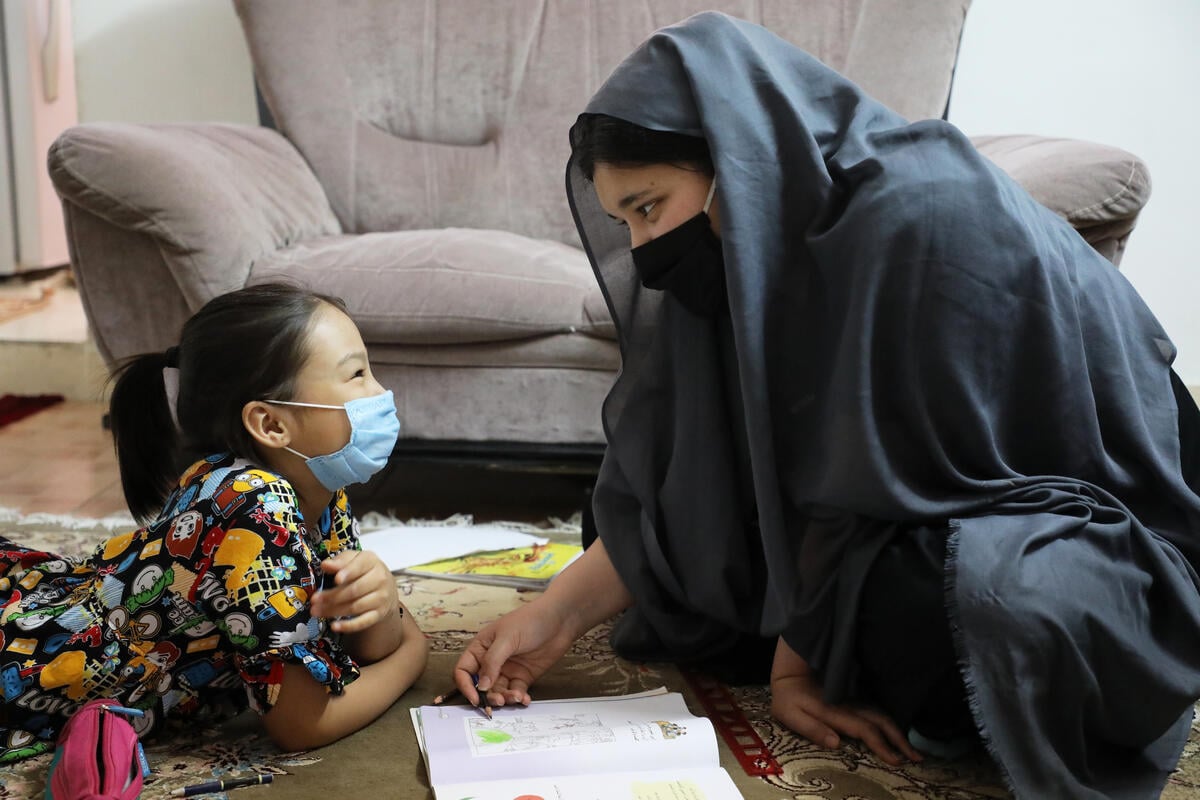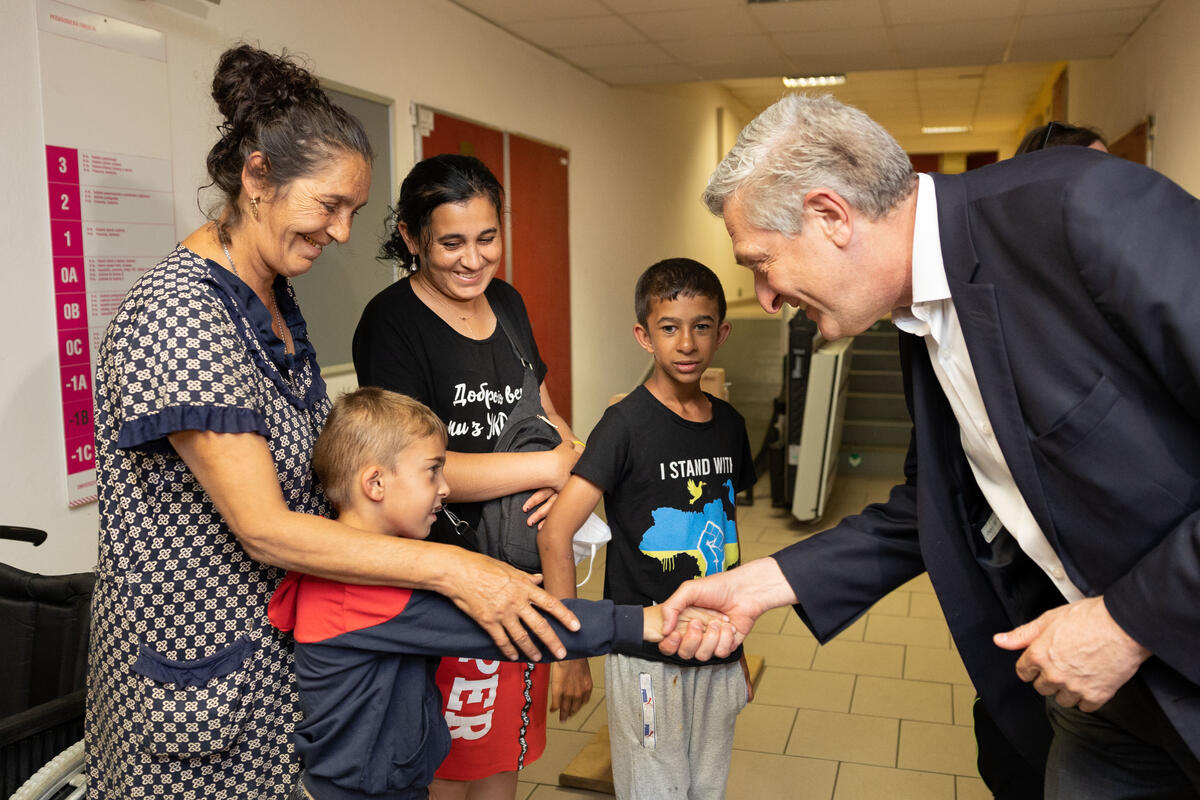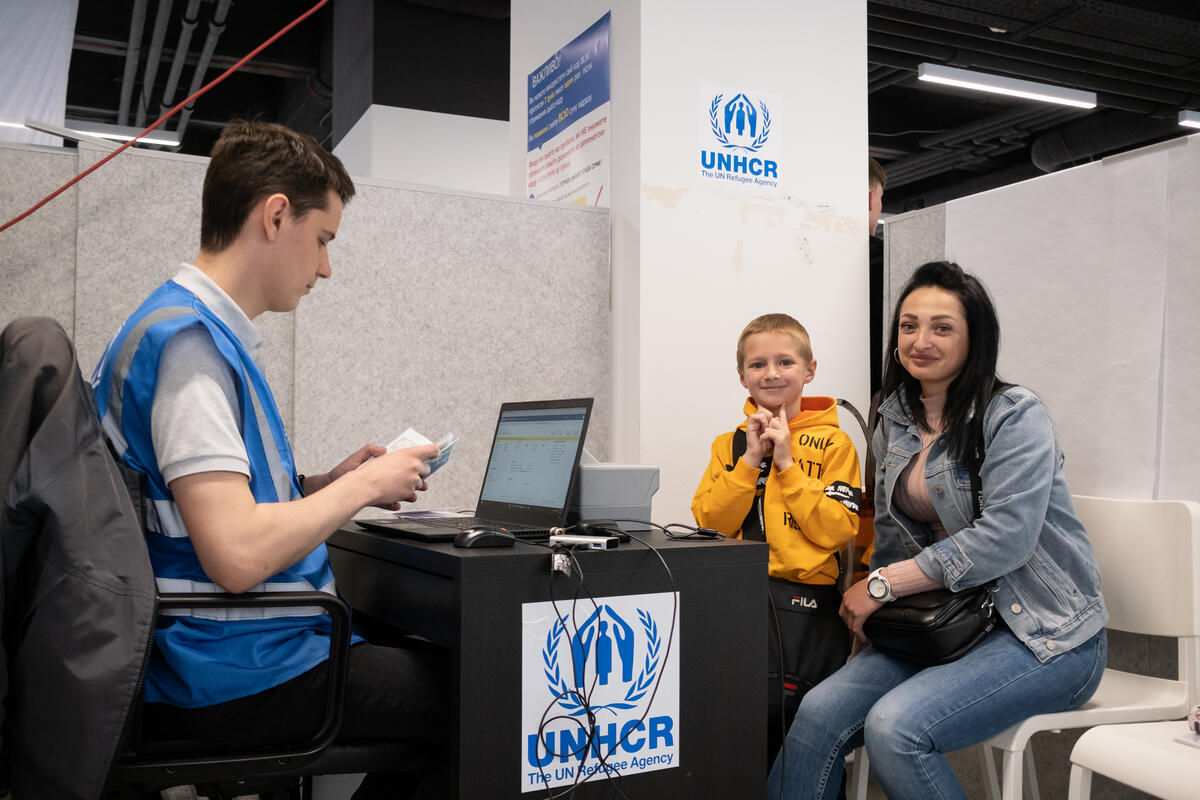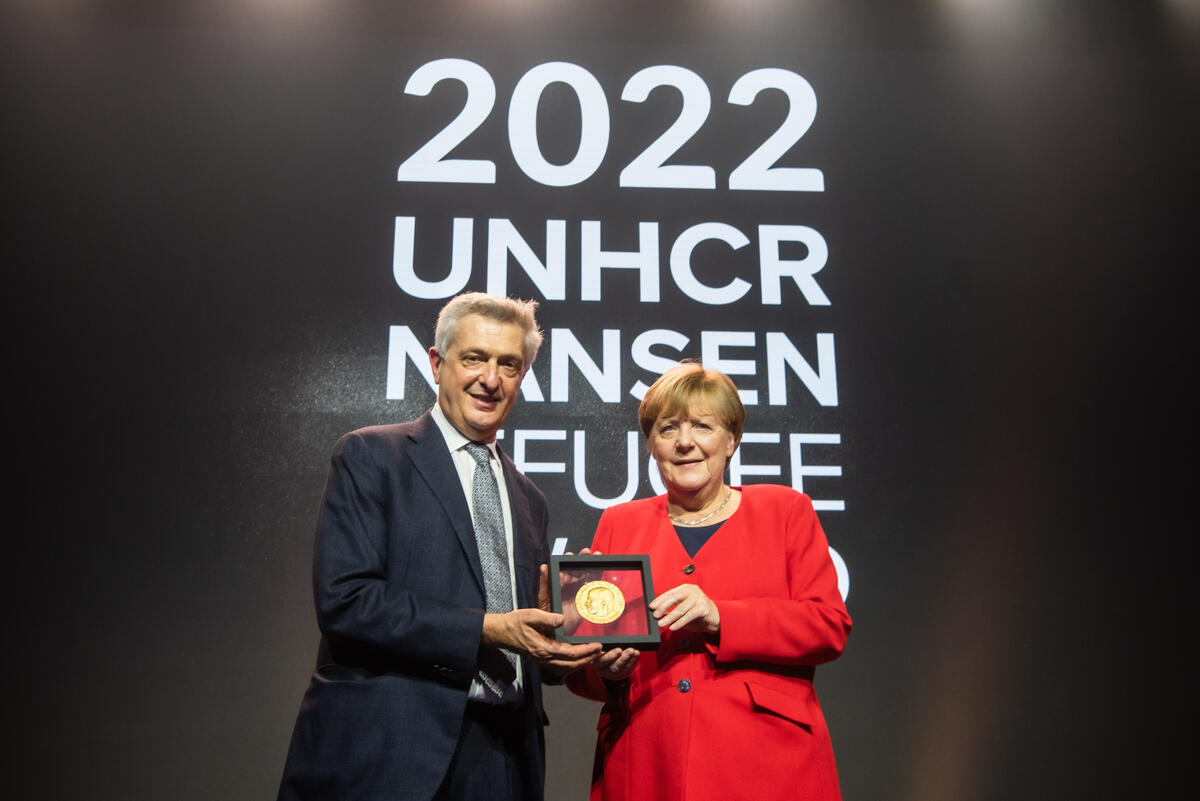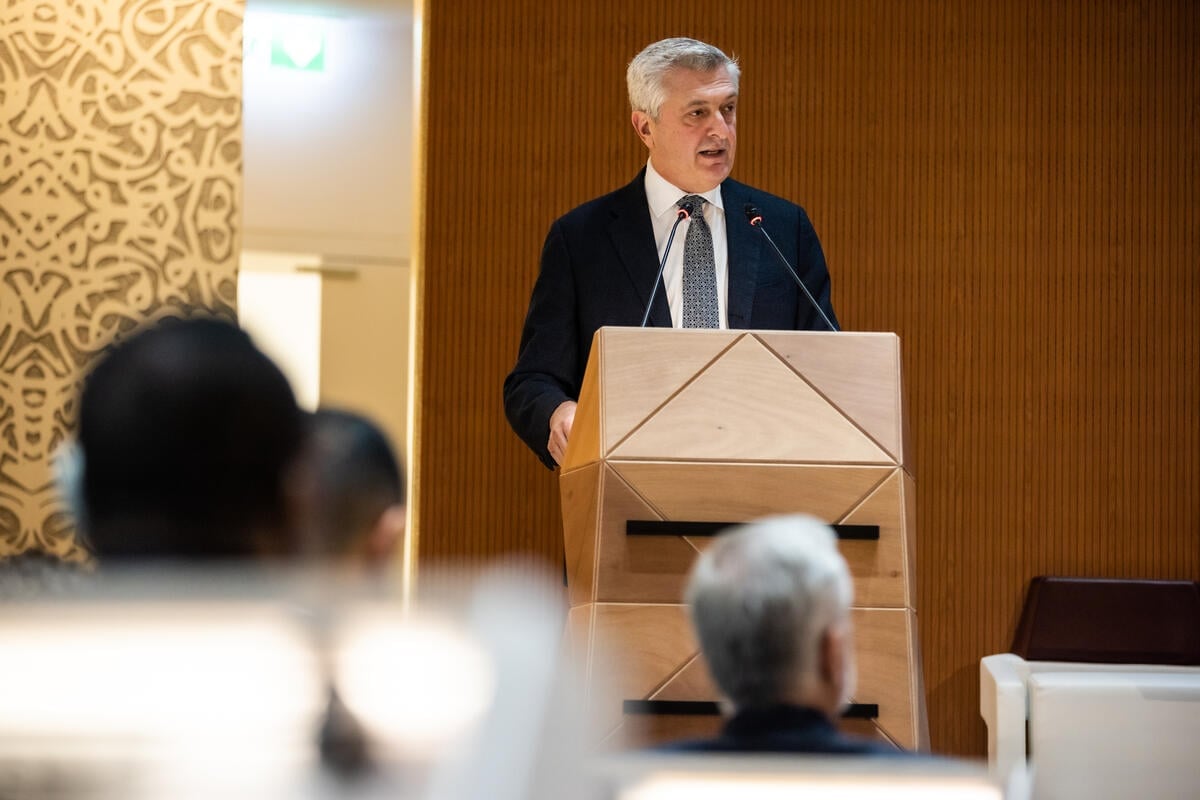UNHCR urges Hungary not to amend asylum system in haste
UNHCR urges Hungary not to amend asylum system in haste

BUDAPEST, Hungary, July 3 (UNHCR) - The UN refugee agency says it is "deeply concerned" about a set of proposals to amend Hungary's asylum act that have been put forward this week to the Hungarian parliament for debate.
UNHCR has urged the Hungarian government not to rush the process without proper consultations with civil society and the UN refugee agency itself on the legality of the proposals and their consequences for people fleeing war and conflict.
"Adoption of these proposals would have devastating implications for thousands of people seeking safety in Hungary," said Montserrat Feixas Vihé, UNHCR's regional representative for Central Europe.
"We are asking the Hungarian government and public representatives to ensure that any amendments to its national asylum legislation is in conformity with international and regional protection standards, and is not contrary to those standards."
The Hungarian parliament is set to meet on Friday (July 3, 2015) to see if the proposed changes can be adopted on a fast-track basis, before it takes a break for two weeks in mid-July.
Proposed controversial changes include fast-track screening of asylum claims without proper due process; sending asylum-seekers back to third countries that may not be safe for them; allowing prolonged detention of asylum-seekers - including women, children and people with special needs.
"Even before the new proposals, the Hungarian asylum system was becoming more and more restrictive. We fear that the new amendments will make it impossible for people fleeing war and persecution to seek safety in this country," Ms. Feixas Vihé added. "We understand Hungary's national security concerns, but this should not victimize the victims."
The Hungarian government has recently announced the construction of a fence along the Serbian border. While UNHCR recognizes that States have the right to manage their borders, including controlling unauthorized entry and combating smuggling and trafficking, this needs to be done in a manner that helps protect refugee rights and is consistent with countries' responsibilities under national, EU and international law, including the right to seek asylum.
UNHCR fears the fence will in fact serve only to push people into the hands of smugglers and traffickers.
Hungary received some 61,000 asylum applications in the first six months of 2015. Around 80 percent of asylum-seekers are currently coming from conflict zones - Syria, Afghanistan and Iraq - and many are likely to be in need of international protection.
By Babar Baloch, Hungary


